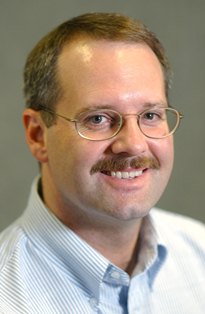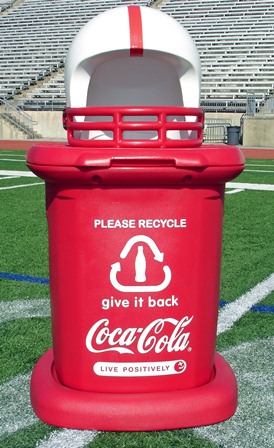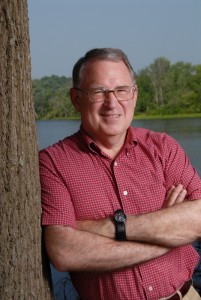Dr. Richard Venditti has been named a 2012 TAPPI Fellow by the nation’s leading association for the worldwide pulp, paper, packaging and converting industries, TAPPI. He is currently on the faculty of the Department of Forest Biomaterials in North Carolina State University’s College of Natural Resources.
According to TAPPI, Fellow is an honorary title bestowed upon a very small percentage of TAPPI’s membership. It is given to individuals who have made extraordinary technical or service contributions to the industry and/or the Association. The new Fellows will be honored at the TAPPI Fellows Luncheon on Sunday, April 22, 2012 held in conjunction with the 2012 PaperCon meeting in New Orleans, Louisiana, USA.
“As an outstanding educator Dr. Venditti has made major contributions to the pulp and paper industry by training and educating many technical and engineering graduates who now work and hold key positions in our industry,” said Larry N. Montague, president and CEO of TAPPI. “In addition, he’s conducted top level research in areas such as recycling and more recently into bio-based materials and biofuels. He’s an outstanding choice for this prestigious award.”
Currently Venditti teaches Chemical Process Control, Unit Operations of Pulp and Paper, and Life Cycle Analysis at NCSU and he’s also director of the Hands-on Workshop for Pulp and Paper Basics co-sponsored by NCSU and TAPPI.
His research group’s goal at NCSU is to develop and understand systems for the effective utilization of renewable resources to produce sustainable products, including polymeric materials and biofuels.
In addition to TAPPI he is a member of the American Chemical Society and the American Center for Life Cycle Assessment. In 2001 he was awarded The Investigator of the Year Award by the AF&PA Containerboard Group Technical Division for his research in paper recycling. In 2009 he received a Fulbright Senior Specialist in Environmental Science for travel to South Africa and in 2010 was awarded the Association for the Concerns of African American Graduate Students Advocacy Award at NCSU.
Venditti received a Ph.D. degree in Chemical Engineering at Princeton University and B.S. degrees in Pulp and Paper Technology and Chemical Engineering at North Carolina State University.
About TAPPI:
TAPPI is the leading association for the worldwide pulp, paper, packaging and converting industries and publisher of Paper360° and TAPPI JOURNAL. Through information exchange, events, trusted content and networking opportunities, TAPPI helps members elevate their performance by providing solutions that lead to better, faster and more cost-effective ways of doing business. It has provided management training and networking to the industry’s leaders for more than 97 years. Visit www.tappi.org.
# # #
Media Contacts:
Deborah Chafin, TAPPI Marketing, dchafin@tappi.org, 770-209-7216
Tilla Fearn, NCSU College of Natural Resources, tilla_fearn@ncsu.edu, 919,513-4644





